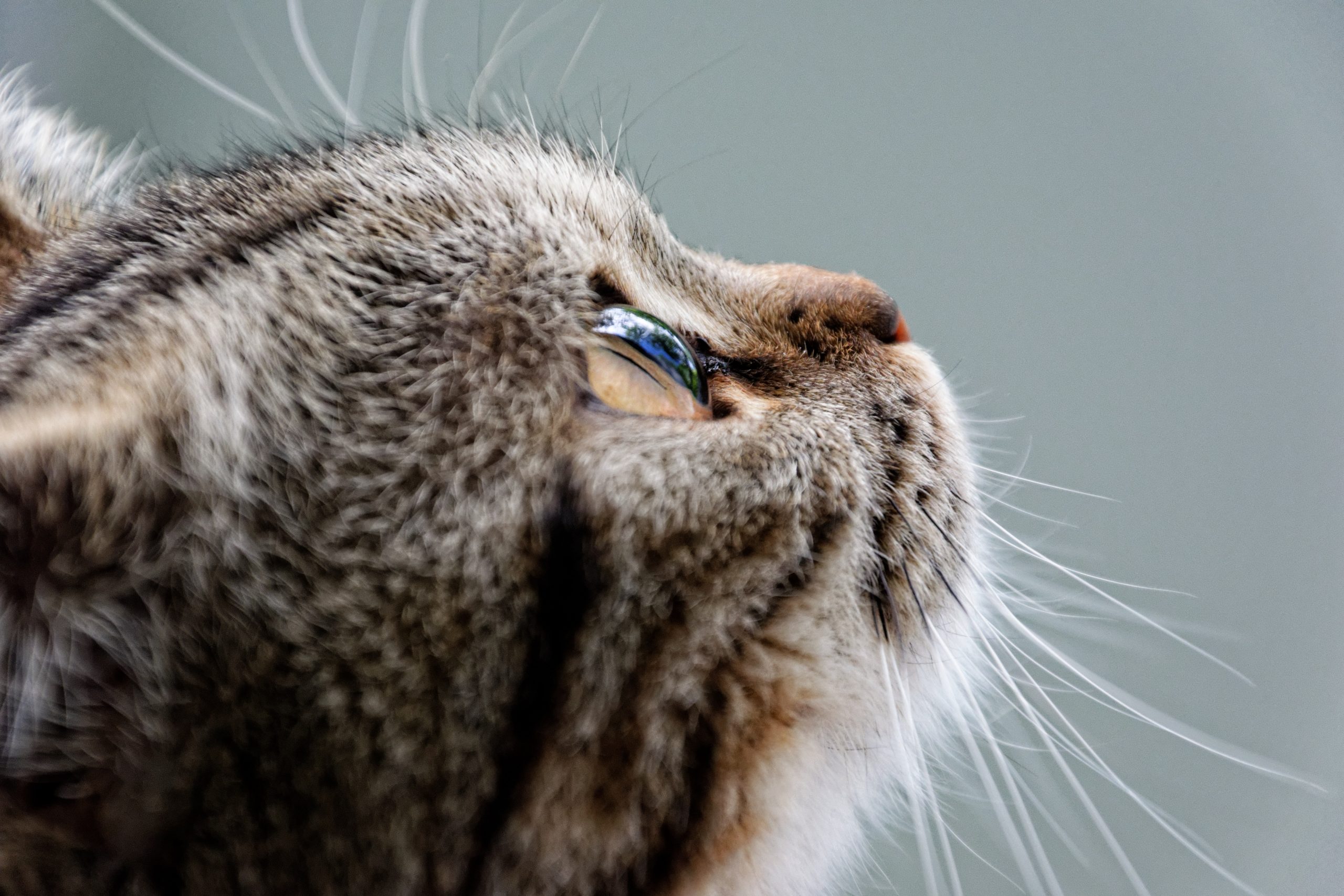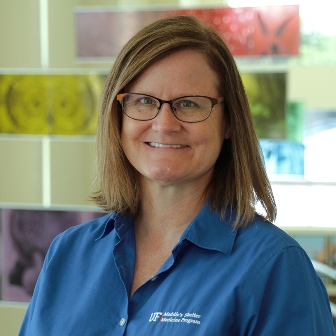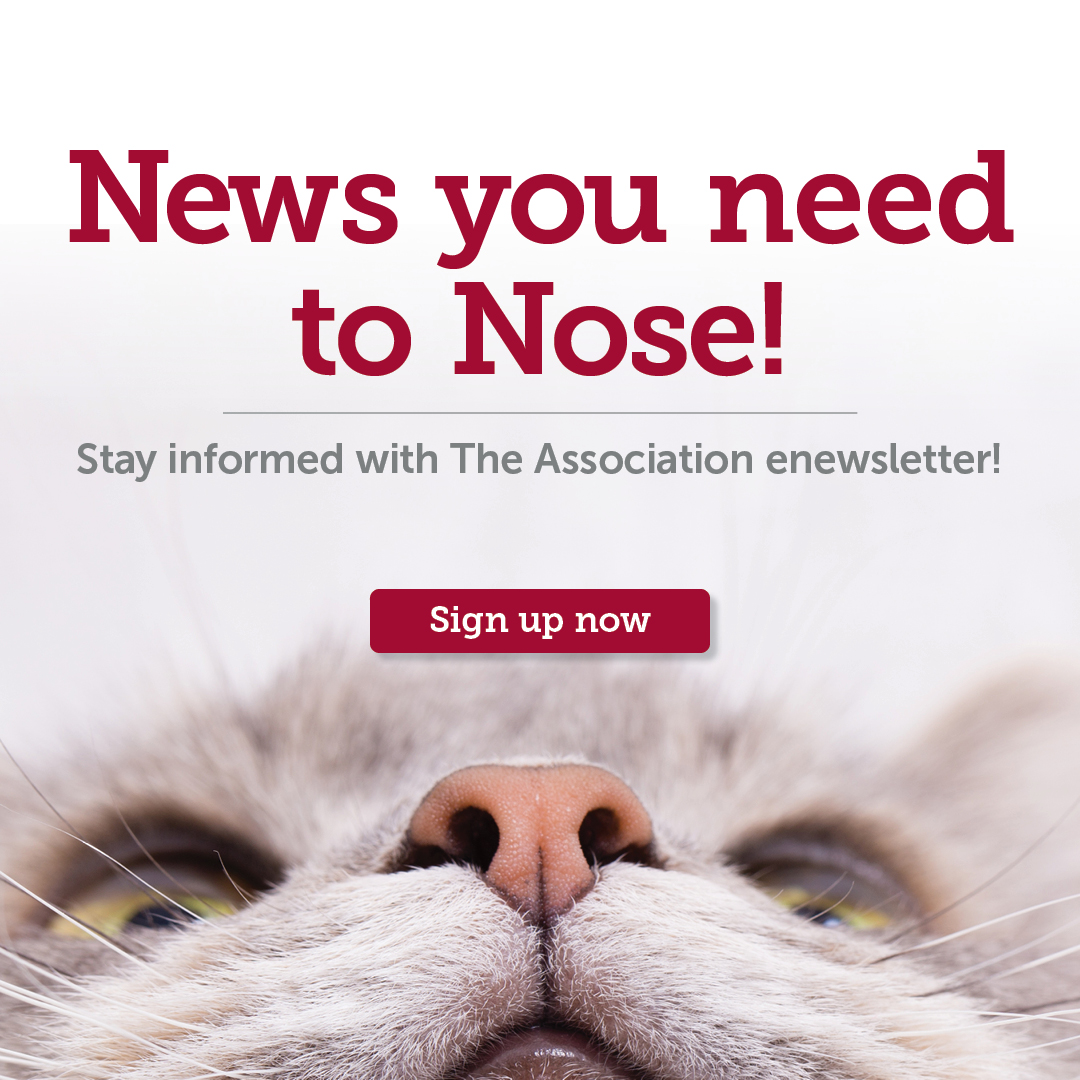News, ideas & inspiration from industry leaders

Why We Must Suspend S/N During COVID-19: Voices from the Field
In my open letter to the animal welfare community, I have tried to summarize the evidence-based reasons underpinning our call to suspend routine spay/neuter surgery – to preserve supplies, staff safety, and health care capacity. This advice, which reflects recommendations by the shelter veterinary community, is a well-reasoned and dispassionate accounting of risk vs benefit.

However, that calculus is devoid of the heartrending testimony of those on the frontlines of the pandemic. Our choices now will have downstream consequences. I offer their voices here . . .
NURSES SPEAK OUT:
In a recent CNN news article, a registered nurse described what she has experienced inside a Long Island hospital, and the toll that caring for coronavirus patients is taking on health care workers. Seeing patients streaming in with “non-stop coughing, sweaty, fevers,” and “fear in their eyes,” she told CNN:
I haven’t slept because my mind won’t shut off. I cried in the bathroom on my break, as I peeled off the PPE from my sweaty self, mask indentations on my face. I cried the entire ride home. I cry for the ones who passed away. I cry because we intubated 5 patients within 10 min and I’m terrified. I cry for my co-workers, because we know it will get worse and I already feel like that [it’s] impossible and we are already at our breaking point. I cry for the parents, children, siblings, spouses who cannot be with their loved ones who may be dying but can’t have visitors because there is no visiting allowed.
And from a nurse in a New Orleans hospital, as quoted in this March 28 CNN article:
We are averaging five to seven intubations and three to four deaths a day. We have had to set up a temporary morgue (white box) outside the ED next to ambulance ramp for those who expire from COVID-19. This temporary morgue is full.
SHELTER VETERINARIANS SPEAK OUT:
“If we as veterinarians think we’re in difficult positions making difficult, gut-wrenching decisions, just imagine what the MDs are doing who have to choose which human patients to put on ventilators? And what if the 20-somethings who ignored the warnings take the ventilators that your mom and dad need instead? I know someone here who watched her dad die from COVID on a ventilator. And now her mom is on one. Disease can’t transmit if people stay home. When we do surgery, even with two techs, there is a risk of transmission within that group of three people.”
“Exposing people for veterinary elective surgeries causes more downstream exposures. We can stop the pandemic and get back to business as usual much sooner if people stay home.”
“The biggest concern is the risk of spreading the virus to all people involved. It sucks for all of us, stopping s/n for many reasons, but it really is for the human greater good.”
“I’m in Minnesota, and our vet board has already mandated we stop, so I don’t get to make that choice. And since I am a private contractor, that means that 90% of my work has just been taken away…no PTO, nada. So from a personal level, it sucks. But if by stopping the activities , that means that less people will die from this terrible virus, it’s totally worth it.”
EXECUTIVE DIRECTORS SPEAK OUT:
“[Taking a deep breath:] I’m not sure who has and who hasn’t been following the conversation about considering adopting out animals unaltered during this crisis. Obviously, this is something that we’ve always seen as mandatory, so it’s a difficult topic. In case it’s helpful, I’d like to share our decision and the main factors that led to it:
- Our new state order and other national-level directives say elective veterinary surgery should be avoided right now.
- While spay/neuter surgery is highly desirable, in the end it is elective from the animal’s point of view. The surgery uses resources such as PPE and oxygen that are urgently needed in human healthcare now.
- We need to get animals out as quickly as we can right now, and spay/neuter adds a minimum of a day for us.
- In our part of the country, there isn’t broad overpopulation of animals.
- Whether or not we alter animals for a two-or-three-month span in 2020 is not going to affect the overall curve of animal population or animal welfare.
For these reasons, we let go of nonemergency spay/neuter on March 17, and will pick it up again after the crisis.”
And from another ED: “Our clinic is closing tomorrow. Today is the last day of surgery. I am the Executive Director and I agonized over this decision. I agree 100% that our surgeries are essential, especially this time of year. Initially, my goal was to stay open unless given an order by the government to close. We enacted social distancing measures last Monday, March 16. I felt good at that time that we were doing everything we needed to do. As time has gone on and I have read more and more information from the CDC, VVMA, AVMA, etc., I have come to the conclusion that there is no way that I can ensure my staff’s safety. I realized that I would not be able to live with myself if one of my employees or their family members contracted this virus. I don’t want to even think about if one lost their life. When you add into account that anyone who gets admitted into the hospital (for any reason) will not be allowed to have their loves ones visit, that makes it even worse. Then, on our HQHVSN Directors discussion group, someone made the comment that by keeping our clinics open we are encouraging people to break the quarantine and social distancing recommendations by coming to our clinic. That was the final tipping point for me. I know that this is going to cause an increase in puppies and kittens in the shelters, but I have to take care of my staff and community first.”
Additional Resources
Our animal welfare community has come together in unprecedented unity to prioritize human and animal lifesaving by providing the following guidance for navigating this difficult time. Please read and share these resources:
NACA Statement on Animal Control Functions During the COVID-19 Pandemic
NACA Statement on Essential Animal Services During COVID-19
NACA Statement on Releasing Unaltered Pets from Animal Shelters During the COVID-19 Pandemic
COVID-19 Response: Limiting Non-Emergency Surgery in Shelters and Spay Neuter Clinics
Shelter Medicine Programs endorse NACA recommendations
Video: Ten Minutes with The Experts: Dr. Julie Levy and Dr. Sandra Newbury on why s/n should be suspended now



But we must continue the efforts to remove feral cats from our communities, to prevent the risks of rabies, toxoplasmosis, toxocariasis and other zoonotic infections and parasites, while we battle this new-t0-us zoonotic virus. We need to stop the reintroduction of unwanted, unloved cats into our communities and stop the cruel hoarding and warehousing of them. We need to give these introduced predators the gift of humane euthanasia if we cannot find loving homes for them. That’s the kind and compassionate thing to do for public health, for wildlife protection and for the cats themselves.
Totally disagree to euthanize feral cats. However if s/n is stopped even for a month at this time of year it will set those of us in TNR back in our efforts. I personally think spay/neuter is essential and should not be stopped if proper precautions for the public bringing them in are taken.